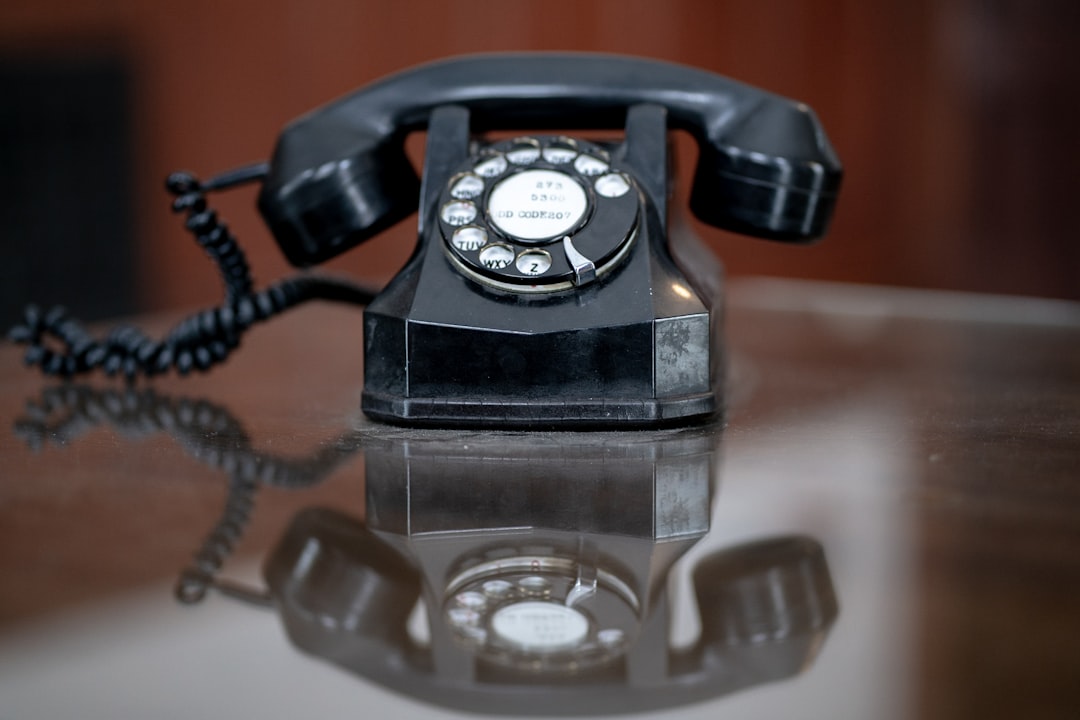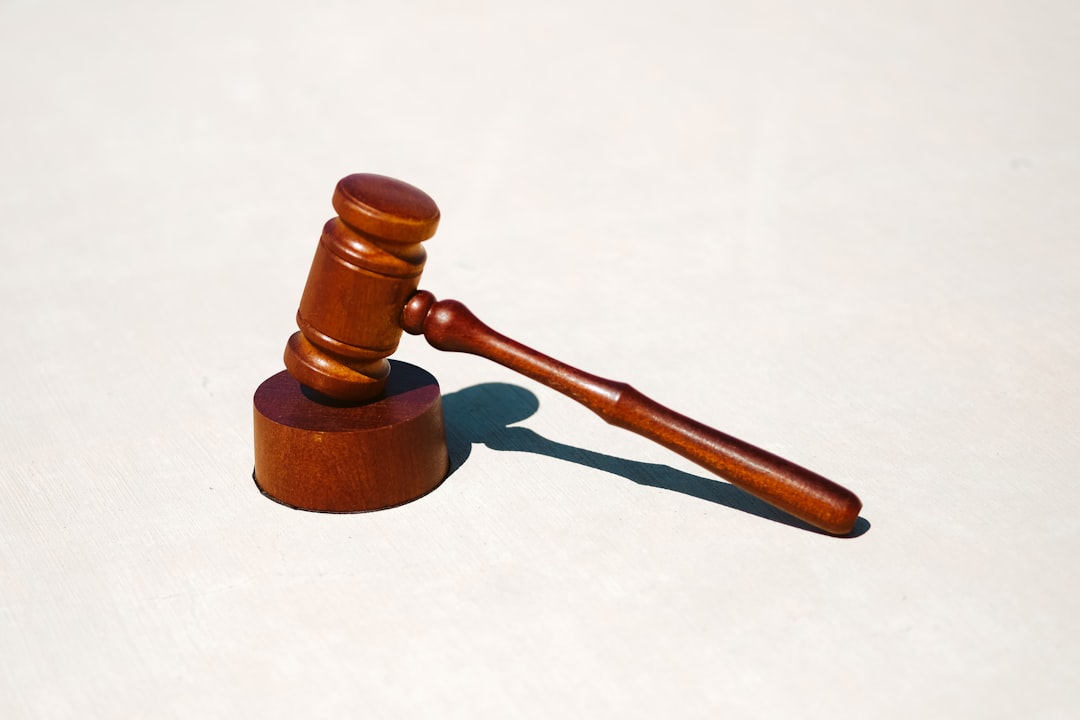Public perception of autodialers, or automatic telephone dialing systems, is a significant concern, with many seeing them as intrusive for marketing purposes. In Indiana, where consumer protection laws exist, residents increasingly seek legal advice from autodialer lawyers to stop unwanted telemarketing calls and understand their rights. The state's strict rules around prior consent, opt-out provisions, and record-keeping must be followed to avoid substantial fines and legal issues. Engaging an autodialer lawyer Indiana is crucial for businesses aiming to implement compliant marketing strategies, respect consumer privacy, and foster trust while navigating the complex legal framework governing autodialing in the state. By prioritizing transparency, clear communication, and educational initiatives, entities can build trust with residents and seamlessly integrate autodialing as an ethical and effective marketing tool.
Addressing public concerns about autodialing is crucial for gaining acceptance in a regulated environment. This comprehensive guide explores strategies to navigate the legal landscape of autodialers, focusing on Indiana laws and best practices. We delve into understanding public perceptions, examining the regulatory frameworks that govern these technologies, and providing actionable steps to build trust. By adopting ethical standards, businesses can ensure compliant autodialing operations, alleviating common fears and fostering positive relationships with consumers.
Understanding Public Perceptions of Autodialing

The public’s perception of autodialers, or automatic telephone dialing systems, is a complex issue that often sparks concern and debate. Many individuals view autodialing as an intrusive practice, especially when used for marketing purposes, leading to widespread complaints about unwanted calls. This sentiment is further exacerbated by the potential for abuse, such as making it difficult for people to opt-out of receiving calls or using aggressive tactics. In Indiana, where consumer protection laws are in place, a growing number of residents are seeking legal advice from autodialer lawyers to understand their rights and how to stop unwanted telemarketing calls.
Understanding these public perceptions is crucial for businesses and legal professionals alike. An autodialer lawyer in Indiana can play a vital role in addressing these concerns by educating both companies and consumers about the legal boundaries surrounding autodialing. They can help ensure that businesses comply with regulations, respect consumer choices, and maintain trust, thereby fostering a more positive perception of autodial technology.
Legal Frameworks and Regulations Around Autodialers

The legal frameworks surrounding autodialing are designed to balance consumer protection with business needs. In Indiana, for instance, companies must adhere to strict rules when using autodialers to contact consumers. These regulations often include provisions on obtaining prior consent, allowing recipients to opt-out of future calls, and maintaining detailed records of call activities. Non-compliance can result in significant fines and legal repercussions, as highlighted by cases involving autodialer lawyers in Indiana.
Understanding these laws is crucial for businesses to ensure their marketing strategies remain compliant and avoid public backlash. An autodialer lawyer in Indiana can guide companies on navigating this complex landscape, ensuring they respect consumer privacy while leveraging legitimate marketing efforts. This proactive approach not only mitigates legal risks but also fosters trust between businesses and the public.
Building Trust and Mitigating Concerns Through Transparency

In an era where privacy is a paramount concern, public trust in autodialing technologies can be a challenging hurdle for businesses and legal entities alike. To bridge this gap, transparency becomes a powerful tool. An autodialer lawyer Indiana can play a pivotal role here by ensuring that all communications adhere to strict legal guidelines and ethical standards. By being open about how autodialers function, what data is collected, and how it’s used, organizations can mitigate concerns stemming from perceived invasiveness.
Regular updates and clear, concise explanations of these processes can go a long way in building trust. Educational initiatives that demystify the technology behind autodialers can help Indiana residents understand their rights and comfort levels with such automated systems. This proactive approach not only addresses immediate concerns but also fosters a more informed and accepting public, ensuring smoother integration of innovative communication tools.
Best Practices for Ethical and Compliant Autodialing Operations

In the realm of modern marketing strategies, autodialing has emerged as a powerful tool for businesses to connect with their target audience. However, with great power comes great responsibility, especially when it involves public concerns and privacy regulations. To ensure ethical and compliant autodialing operations, companies in Indiana should adhere to best practices that respect consumer rights and protect data security.
One of the key considerations is obtaining prior consent from recipients before initiating automated calls. This not only aligns with Indiana’s specific laws regarding telemarketing but also fosters trust among consumers. Additionally, providing an easy opt-out mechanism during each call allows individuals to stop receiving messages if they so choose, demonstrating a commitment to consumer choice and preference. An autodialer lawyer in Indiana can guide businesses on navigating these legal requirements, ensuring compliance, and maintaining positive relationships with customers.






